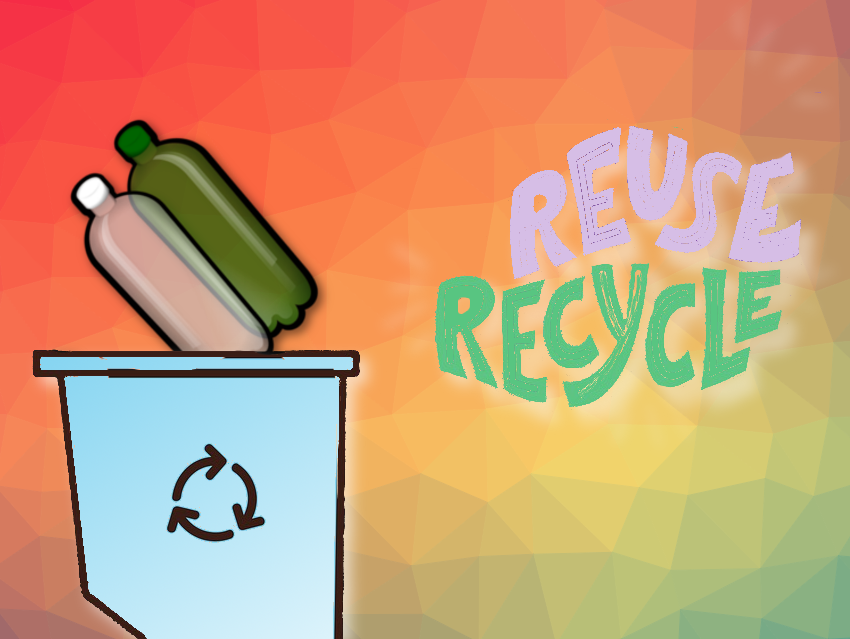Unilever and Alibaba have developed an artificial intelligence (AI)-assisted recycling system that automatically identifies and sorts plastic packaging. It is China’s first large-scale, closed-loop plastic recycling system. The goal is to help China’s companies and consumers move toward a waste-free world.
The initiative is called Waste-Free World, and at launch, 20 recycling machines were installed as part of a pilot program in offices and community spaces in Shanghai and Hangzhou. 500 more will be installed by 2021, helping to collect more than 500 tons of plastic, the companies said.
The consumer uses Alipay—Alibaba’s e-wallet service—to scan the QR code displayed on the machine’s screen, and then drops the bottle into the recycling bin. Using AI technology, the machine automatically identifies the plastic the bottle is made of, sorts it, and stores it so that it can be collected and returned to recycling centers. The recycled plastic granules from the bottle can then be used in the packaging of future Unilever products. Pre-sorting the plastic packaging into its different grades increases the quality of recycled plastic bottles. Therefore, the reuse of the plastic materials is more effective and could better contribute to a circular economy.
Consumers will receive Unilever coupons and Alipay Ant Forest green energy points for every bottle they put in the Waste-Free World machine. The project aims to change consumer behavior. Green energy points are awarded to consumers for low-carbon activities. Consumers collect them and then use them to plant trees or protect nature reserves. Since the launch of Alipay Ant Forest in 2016, it has helped to plant more than 200 million trees in arid areas of China in collaboration with NGOs, the companies say.
- Unilever, London, UK
- Alibaba Group, Hangzhou, China




